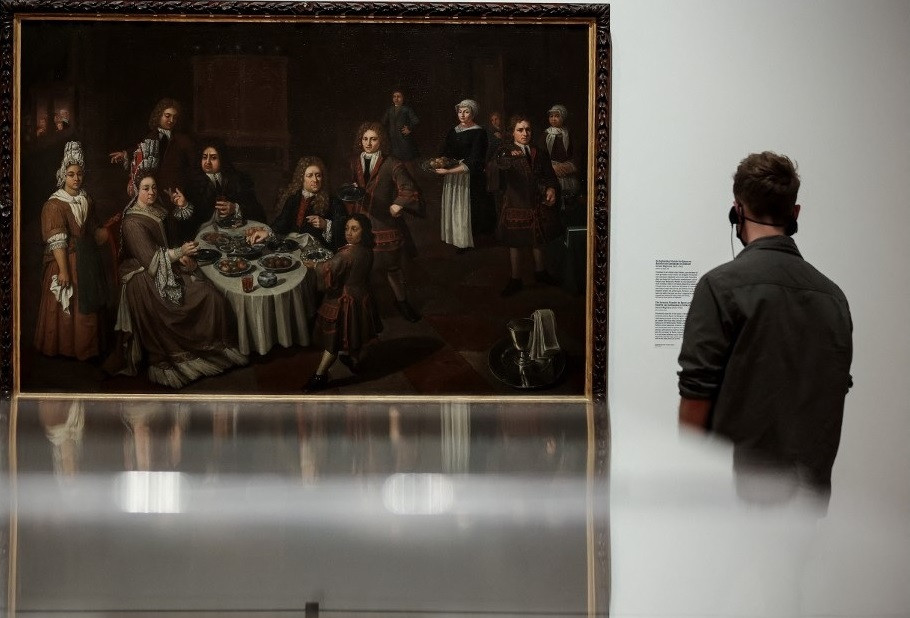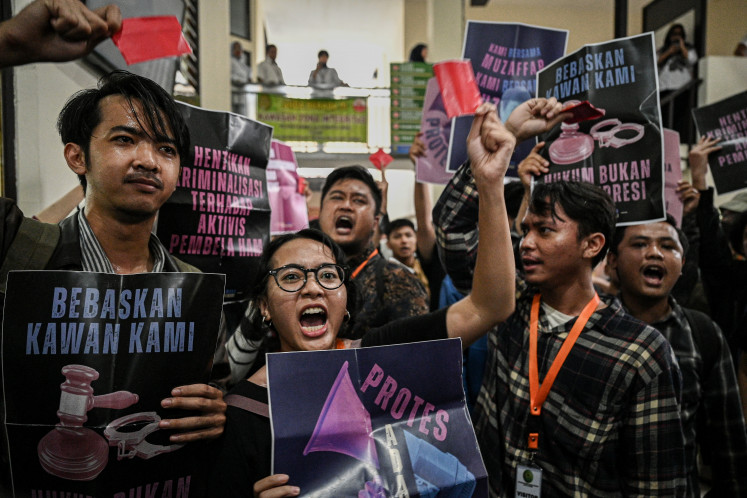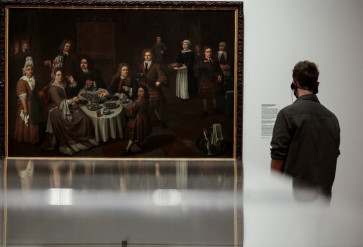Popular Reads
Top Results
Can't find what you're looking for?
View all search resultsPopular Reads
Top Results
Can't find what you're looking for?
View all search results‘Bersiap’: Ignoring Dutch colonialism
Former foreign minister Roeslan Abdulgani recalled that bersiap was preceded by weeks of British bombing during the holy month of Ramadhan in 1945.
Change text size
Gift Premium Articles
to Anyone
A
n Indonesian historian has become a target of anger in the Netherlands. Controversy has led to an almost hysteria following the ban of the term bersiap (get ready) as the Dutch Royal Museum in Amsterdam will hold a special exhibition titled Revolusi, Indonesia’s Independence, the first of its kind, next month.
To introduce the exhibition, its guest curator, Bonnie Triyana, the editor-in-chief of Indonesian publication Historia, wrote an opinion piece suggesting that “the word bersiap should not be used for the period following the Japanese surrender because it carries a racist tone.”
The public emotional response has been enormous.
Bersiap is an Indonesian word but not an Indonesian concept. Many locals opted for terms like rampokan (robbery), serbuan (attack) and such to denote freedom fighters’ attacks during the revolutionary struggle of independence.
In the Dutch context, however, bersiap carries a deeply emotional substance, a great anger, as it refers to the violent attacks and the killings of thousands of Indisch of mixed Dutch-Indonesian origins and many Ambonese and others then seen as pro-colonial. Bersiap was a word the revolutionary youth used in response to the arrival of and humiliation by the Dutch force who came along with the British ally following the Japanese surrender in 1945.
Strange as it may be for most Indonesians, then or today, for the Dutch and the Indisch who became victims of mass violence, the concept touches their nerves and is deeply painful. It should be understood — hence, respected — that it has become a symbol of their suffering.
The public response, thus, came soon. An organization called Federation of Dutch-Indisch (FIN), founded by the first and second generation of the Indisch community, wrote a protest letter and has threatened to bring the Royal Museum to justice. Similar anger soon followed. The museum quickly gave up and said it would not ban the word bersiap from the exhibition that will last from Feb. 11 until June.


















